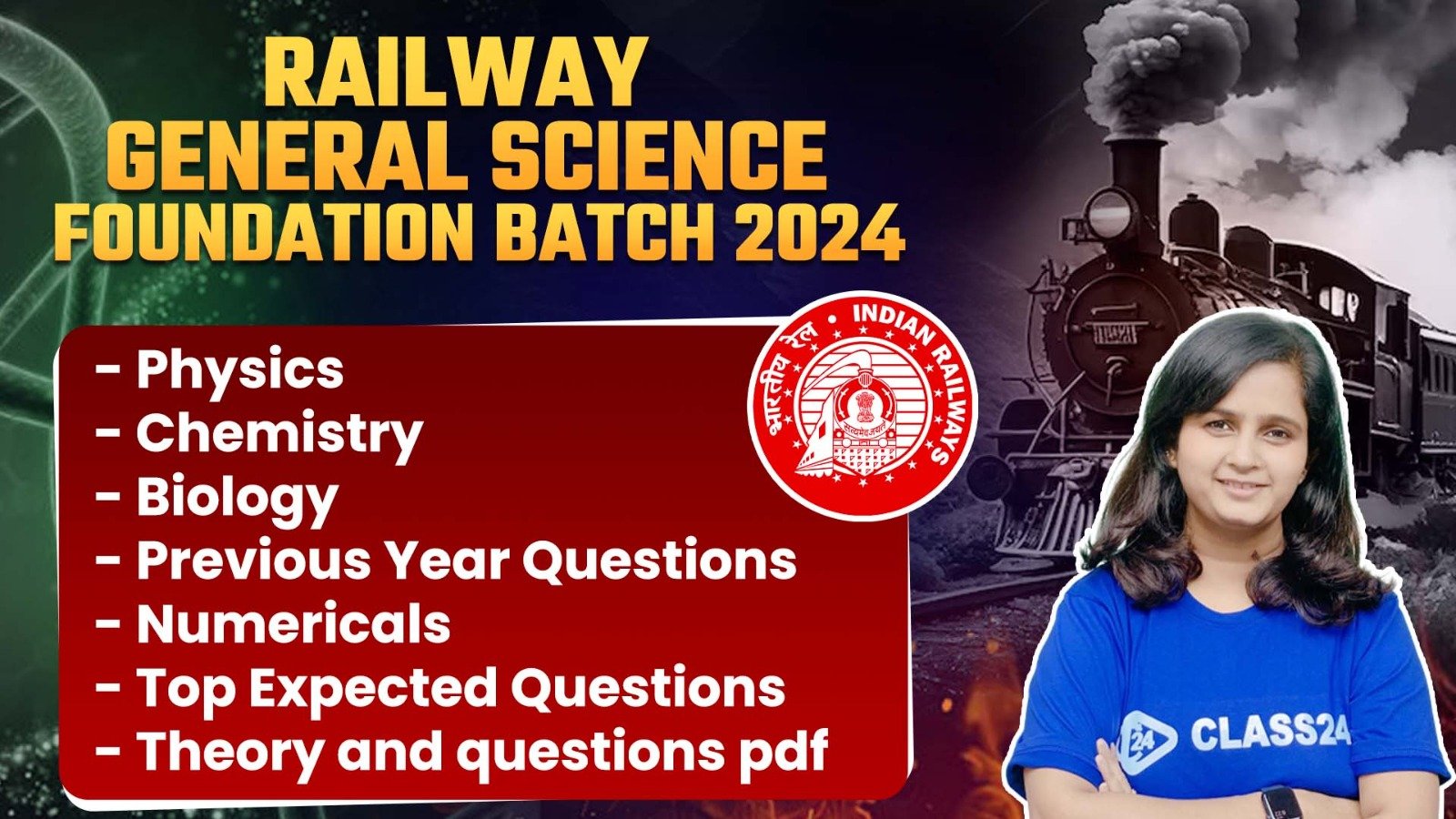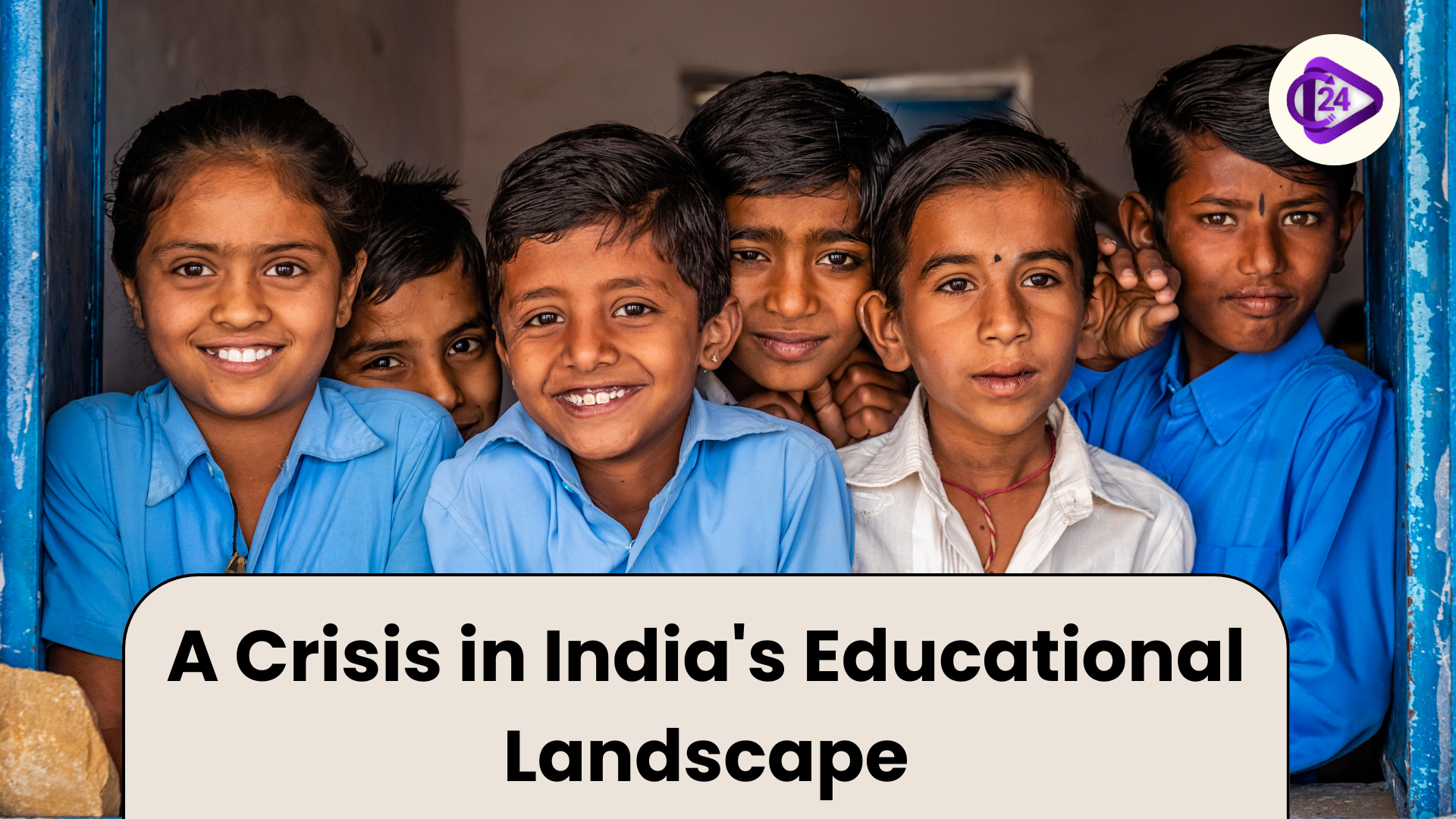
India’s educational scene, a cornerstone of intellectual independence and critical reasoning, is becoming even more centralised and under bureaucratic control. As the power of such entities as UGC and such bodies as the NEP grows, universities are being transformed, their autonomy is being eroded, and free inquiry is being stifled. This is further compounded by the trend whereby education gets increasingly more corporatised, puts profits before intellectual growth and strengthens a climate of fear that stifles dissent. This editorial talks about the implications of such changes that have been made and how they affect higher education in India and its democratic values.
Decline in Academic Autonomy
-
Centralisation of Curricula: Universities are now based on standardised syllabi, reducing academic freedom.
-
Erosion of University Governance: UGC controls appointments, administration, and research, hence limiting autonomy.
Consequences of Centralisation
-
Intellectual Homogeneity: Standardised curricula kill creative and diverse thinking.
-
Suppression of Dissent: Universities are no longer the sites of resistance, avoiding critical debates and researches.
Pressures on the Academic Climate
-
Self-Censorship and Fear: Teachers and students shy from controversial areas because of the feared reprisals.
-
Loss of Public Intellectuals: Fear of dissent lowers the position of public intellectuals and democratic involvement.
Corporatisation of Education
-
Education as a Business: Associations with marketable disciplines relegates much-needed disciplines such as philosophy and literature to the background.
-
Commodification of Knowledge: Education is taken for profit as opposed to knowledge pursuit.
Academic Governance Issues
-
Managerialism in University Leadership: Corporate managers are focused on efficiency and brand visibility but not academic standards.
-
Ideological Bias in Leadership: Leadership ideological bias corrupts academic autonomy
Crisis of Imagination in Education
-
Imagination vs. Transactional Knowledge: Market-driven education suppresses intellectual excursions and individual expansion.
-
Reclaiming University Autonomy: Universities should take back freedom in order to safeguard academic freedom and critical thinking.
Conclusion
The undermining of academic self-rule and the increasing corporatisation of education in India act as a looming threat as far as the future of intellectual liberty and democratic interaction is concerned. Curricula centralisation, repression of dissenting voices, and greater attention on marketable disciplines are severely diminishing the potential of higher learning. To protect the transformative power of knowledge, universities need to return to their role of a place for critical thought, innovation, and social progress.



 Empowering Women in Agriculture for Food Security
Empowering Women in Agriculture for Food Security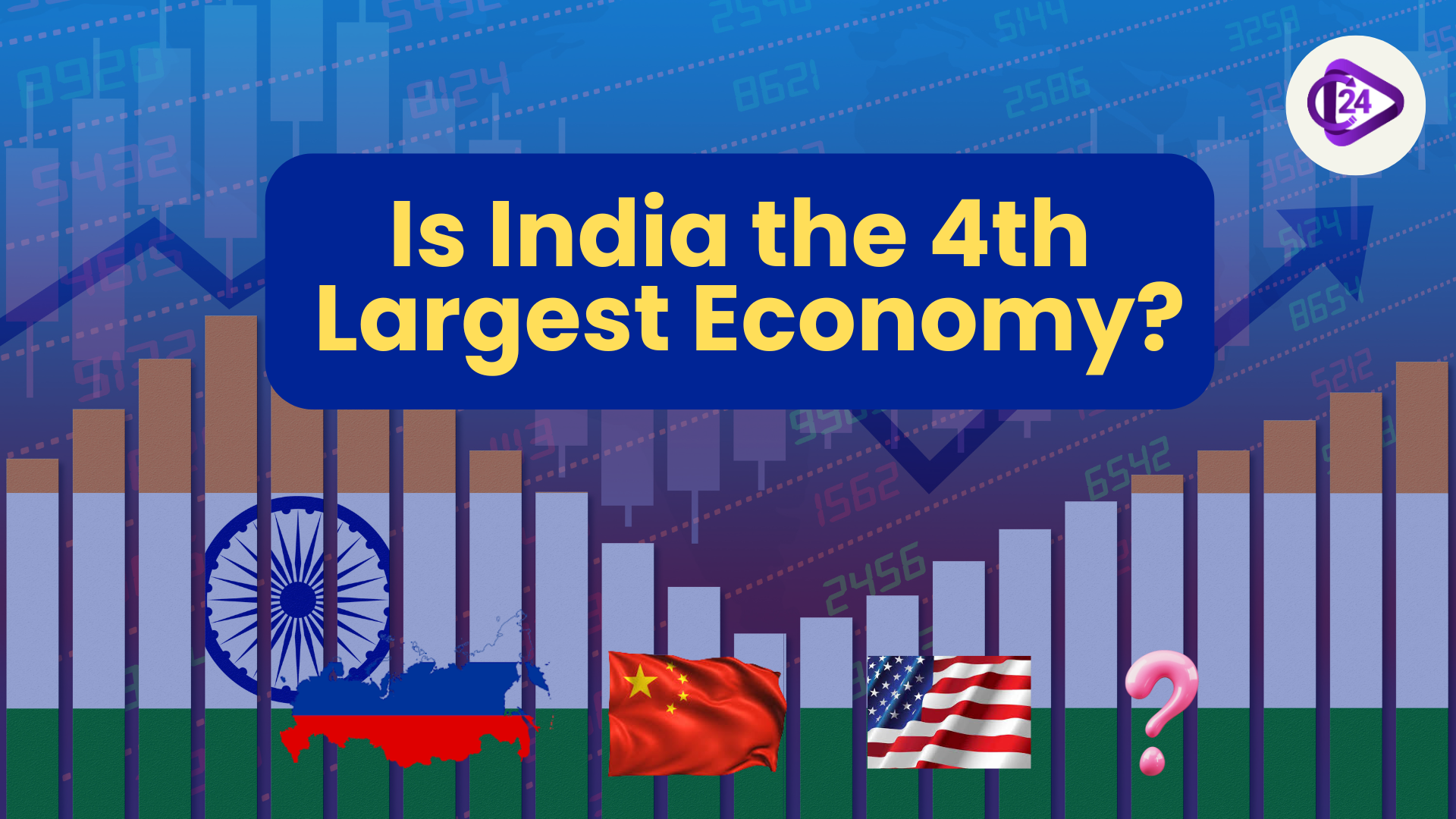 Is India the World’s Fourth Largest Economy?
Is India the World’s Fourth Largest Economy? Rewriting the Script of Early Childhood Education: A Key to India’s Future Workforce
Rewriting the Script of Early Childhood Education: A Key to India’s Future Workforce Menstrual Hygiene Issues and Period Stigma: A Barrier to Girls’ Education in India
Menstrual Hygiene Issues and Period Stigma: A Barrier to Girls’ Education in India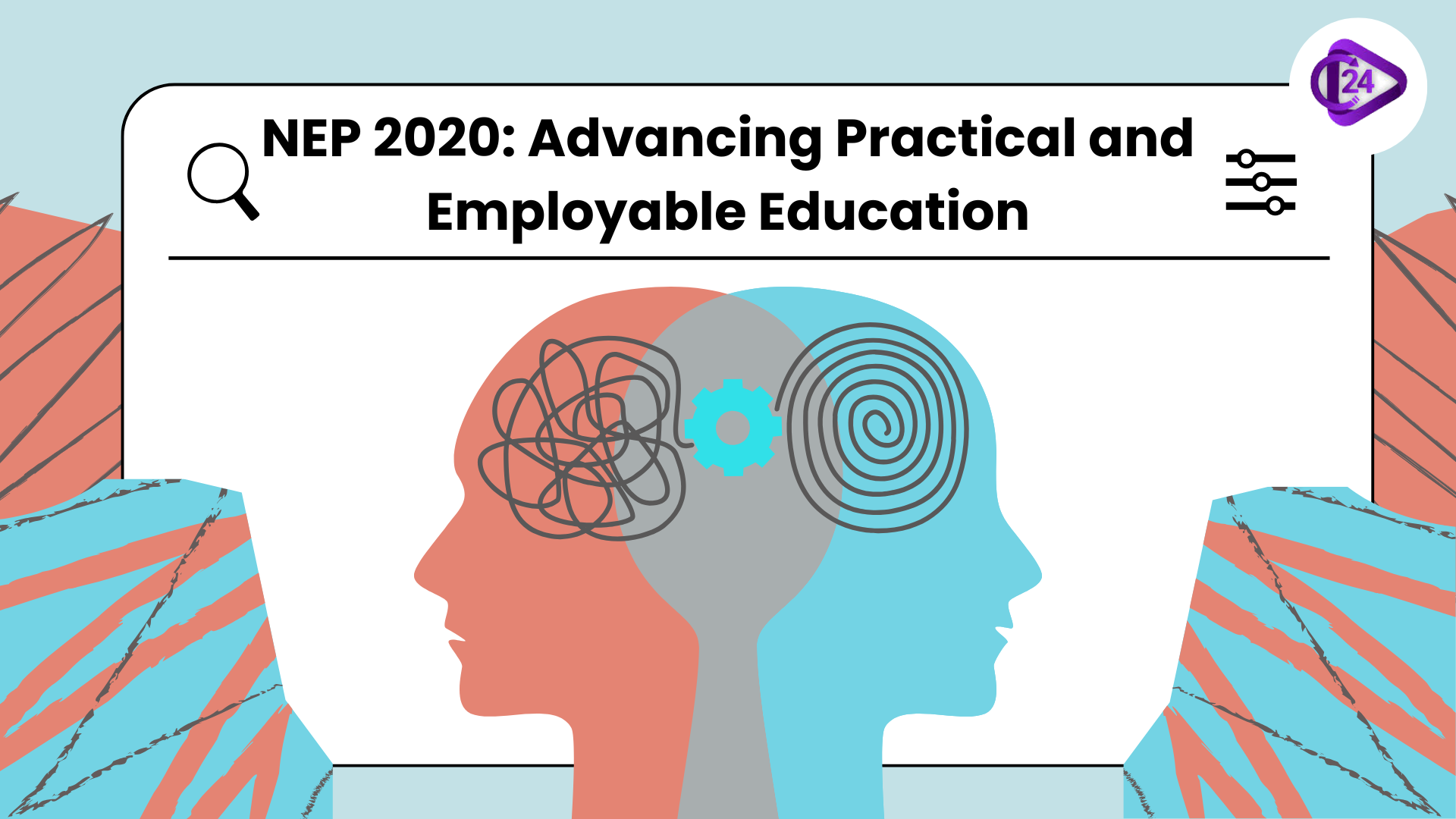 NEP 2020: Paving the Way for Practical, Pragmatic, and Innovative Education to Enhance Employability
NEP 2020: Paving the Way for Practical, Pragmatic, and Innovative Education to Enhance Employability Autism Care in India: A Call for Evidence-Based, Inclusive, and Early Intervention
Autism Care in India: A Call for Evidence-Based, Inclusive, and Early Intervention Why Urban Forests Are Crucial for India's Sustainable Future
Why Urban Forests Are Crucial for India's Sustainable Future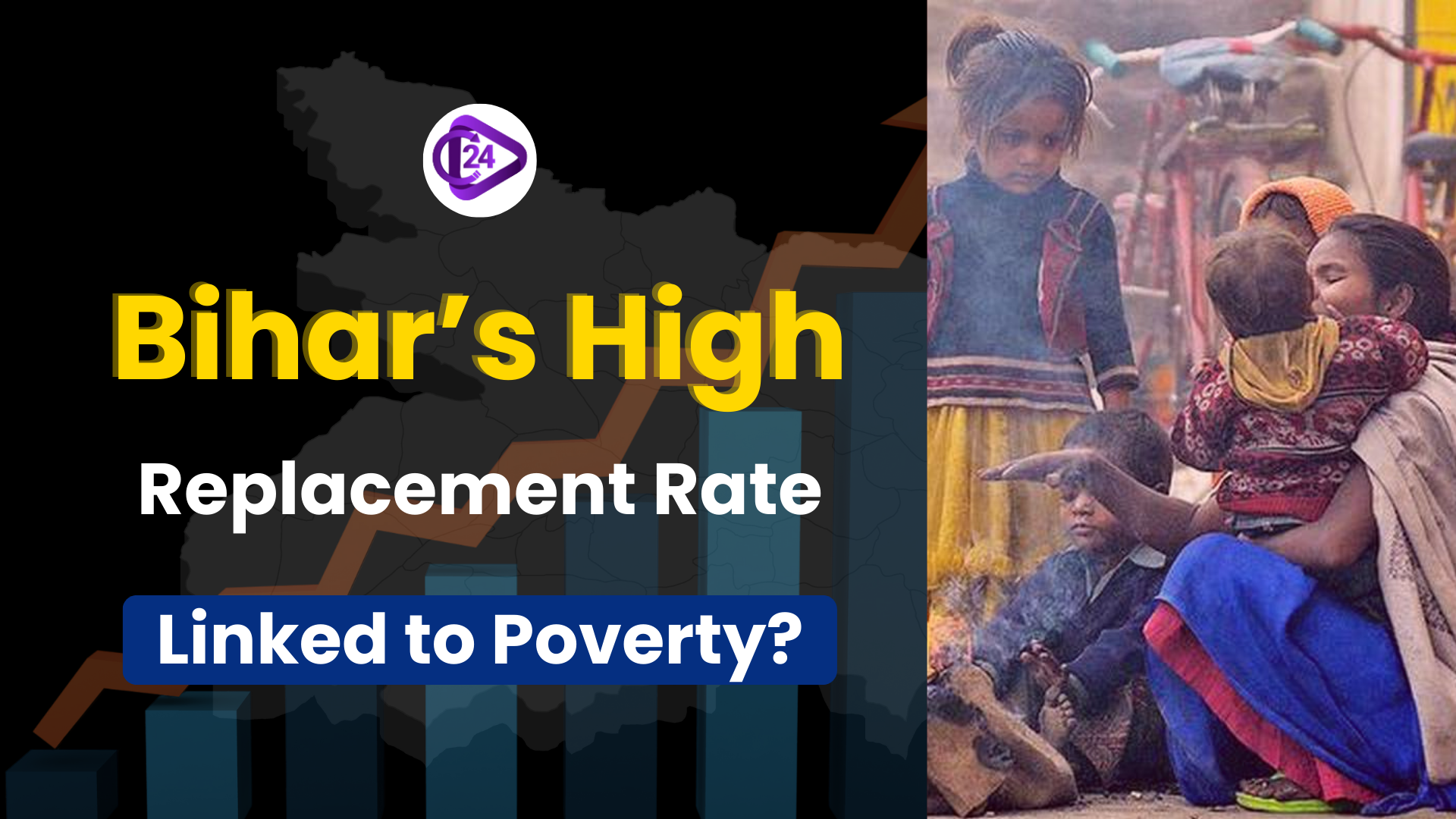 Is Bihar’s High Replacement Rate a Consequence of Poverty?
Is Bihar’s High Replacement Rate a Consequence of Poverty?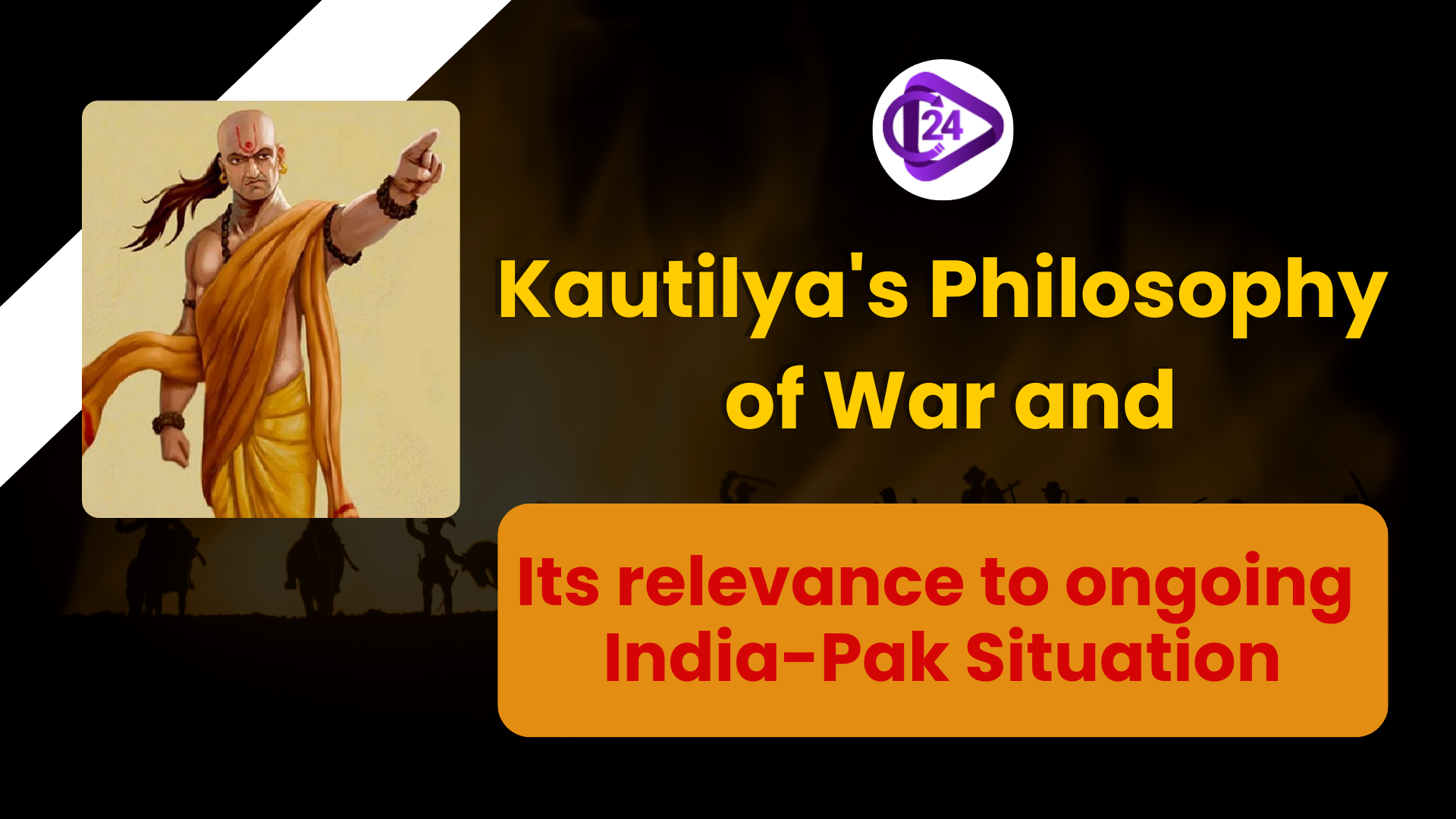 Kautilya’s Philosophy of war and its relevance to the ongoing India-Pakistan Situation
Kautilya’s Philosophy of war and its relevance to the ongoing India-Pakistan Situation



